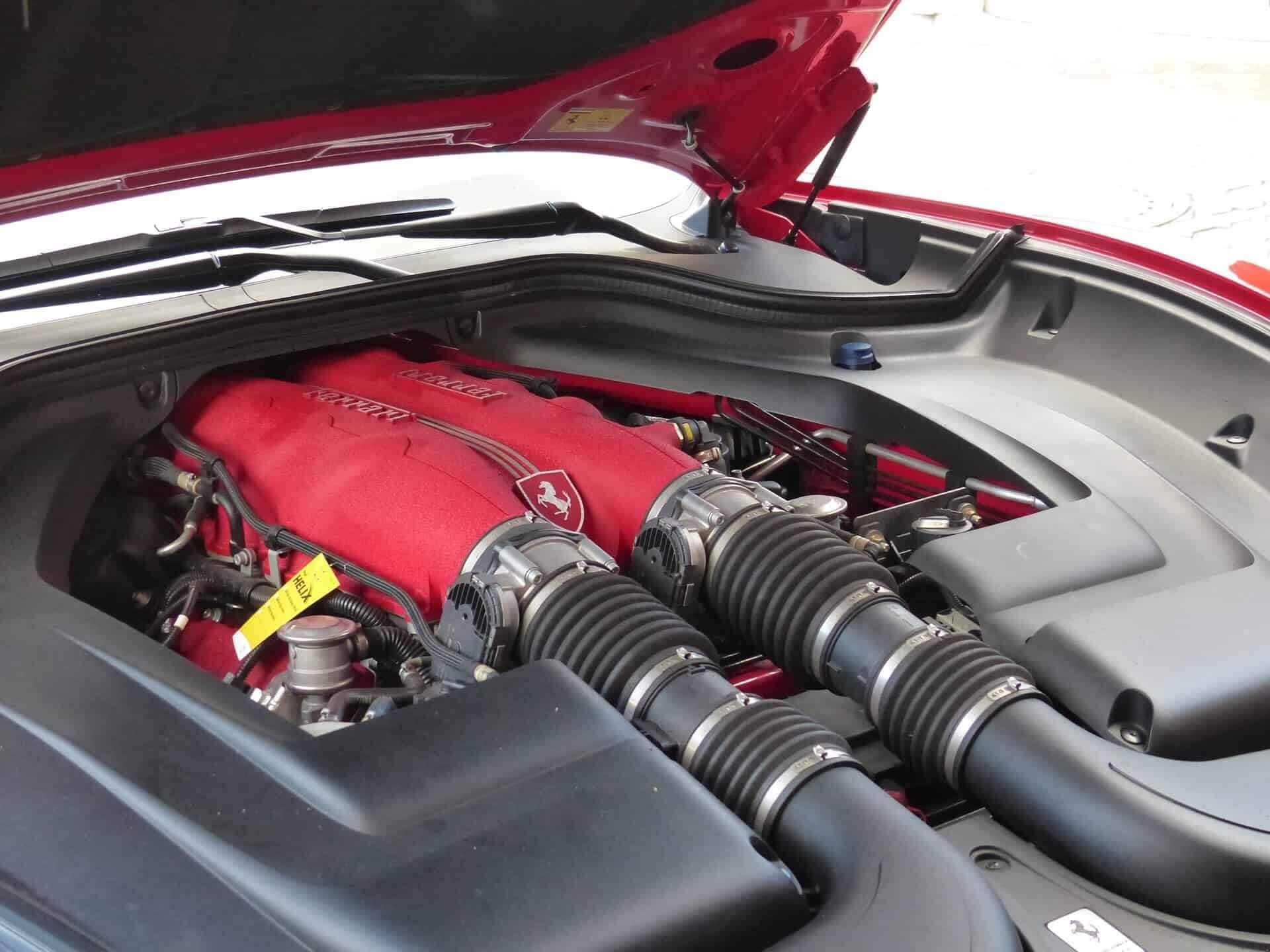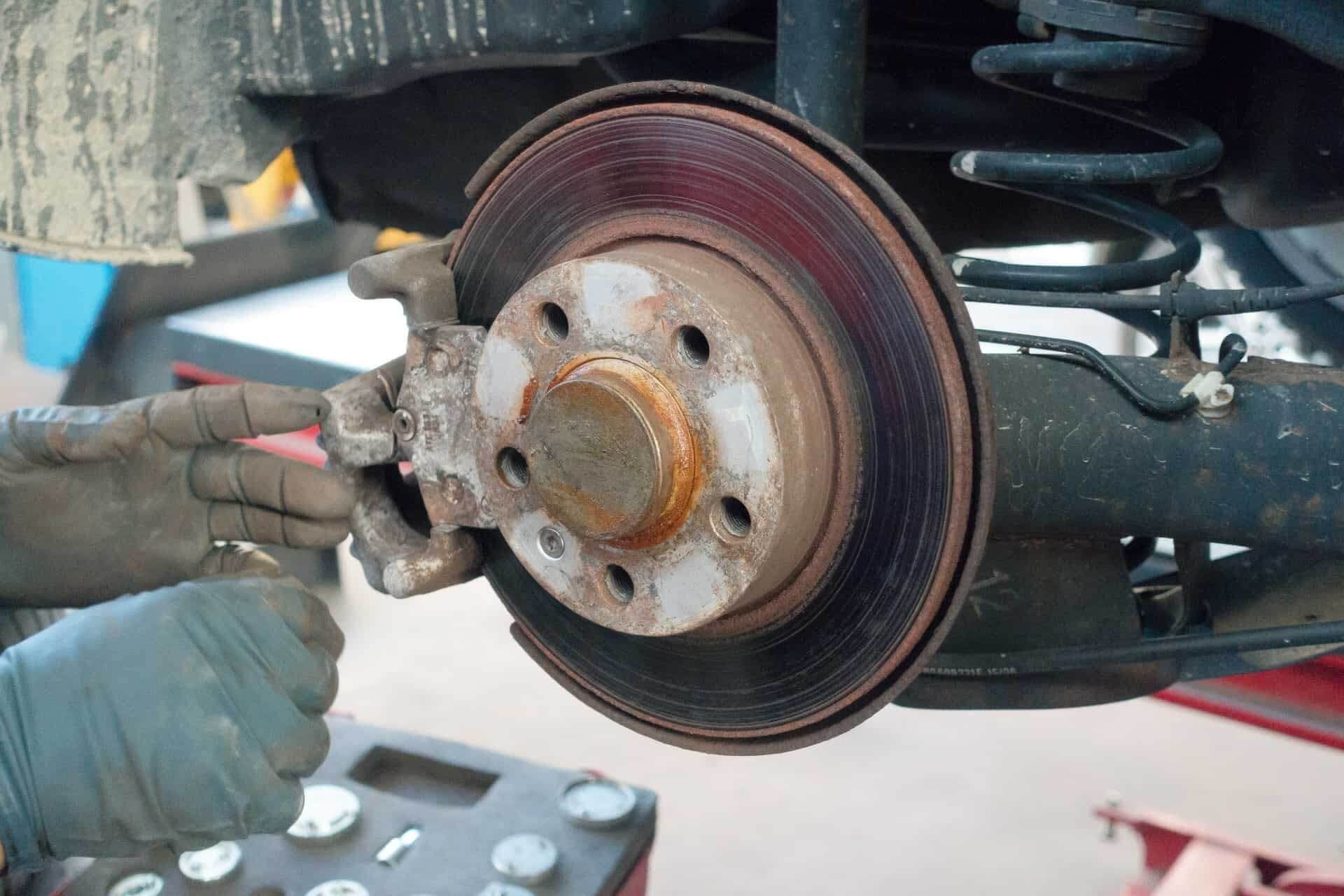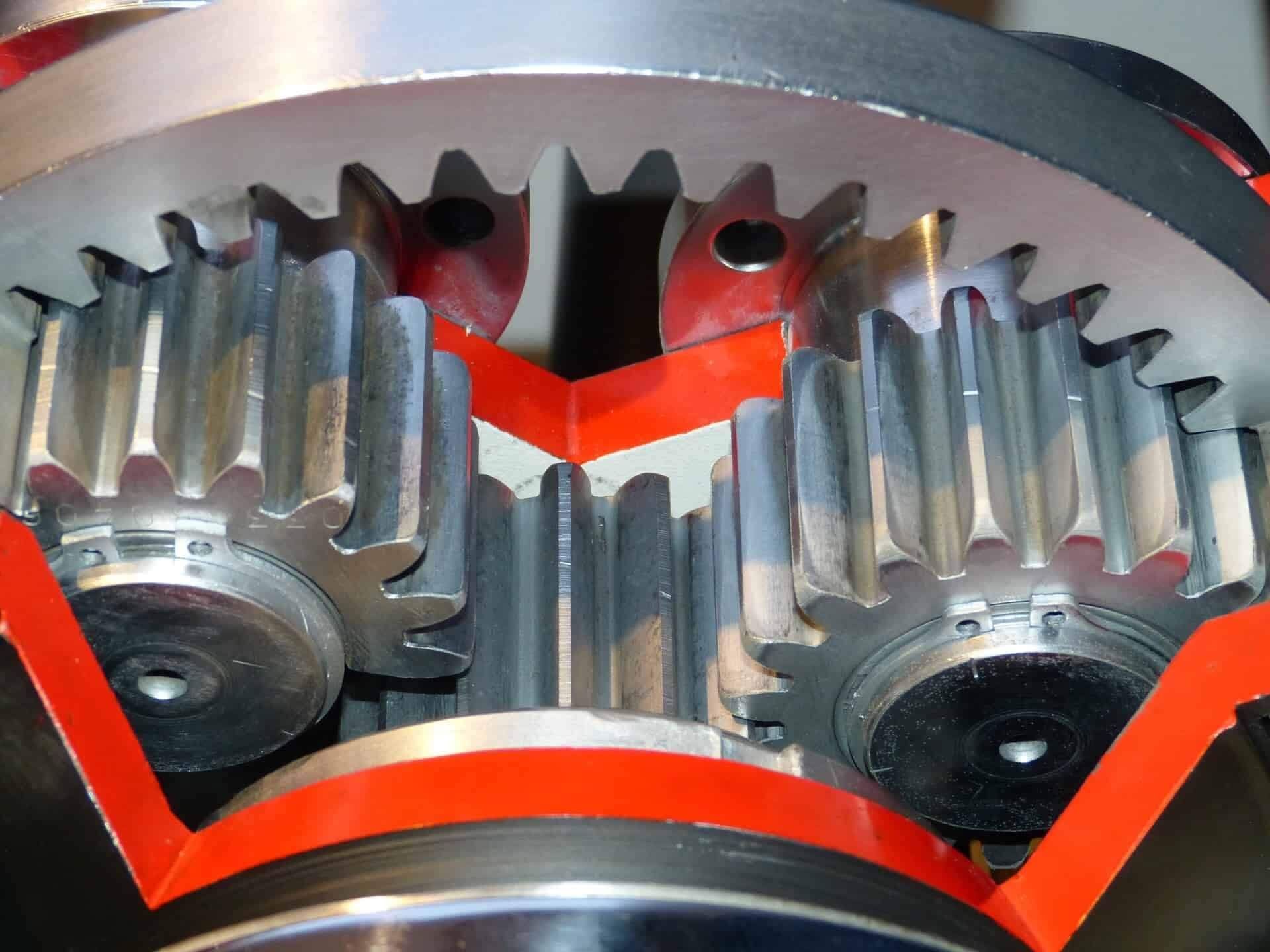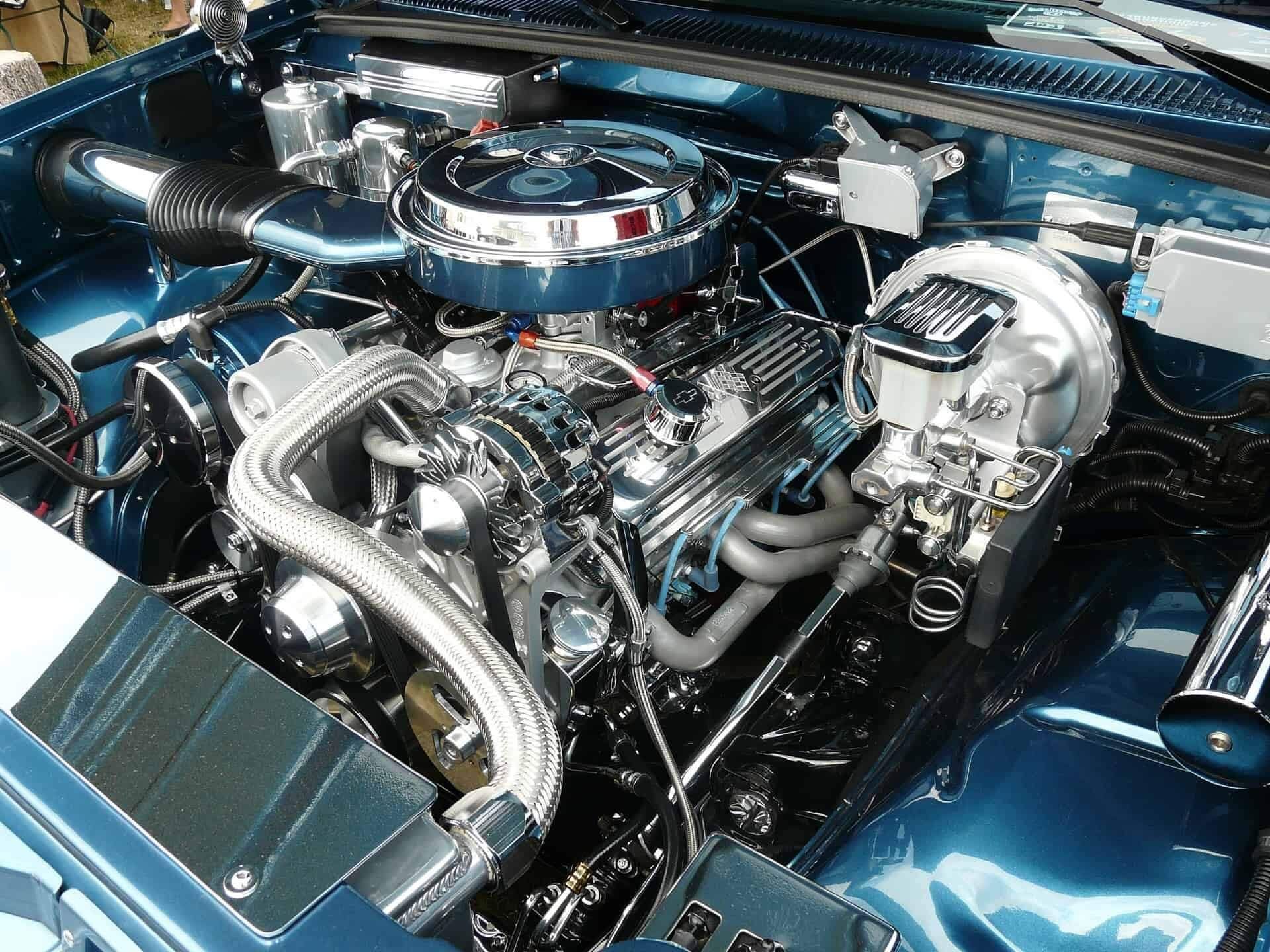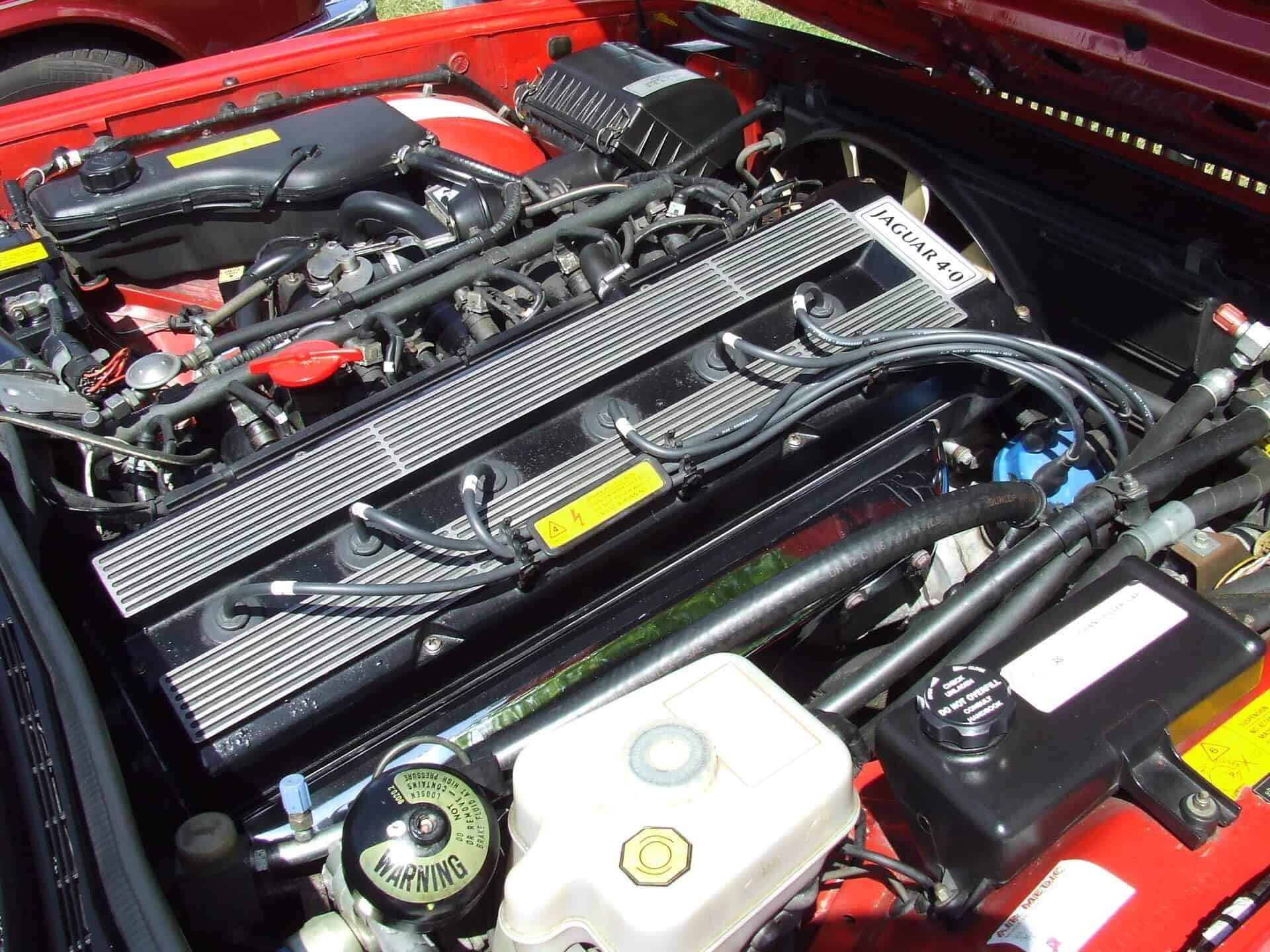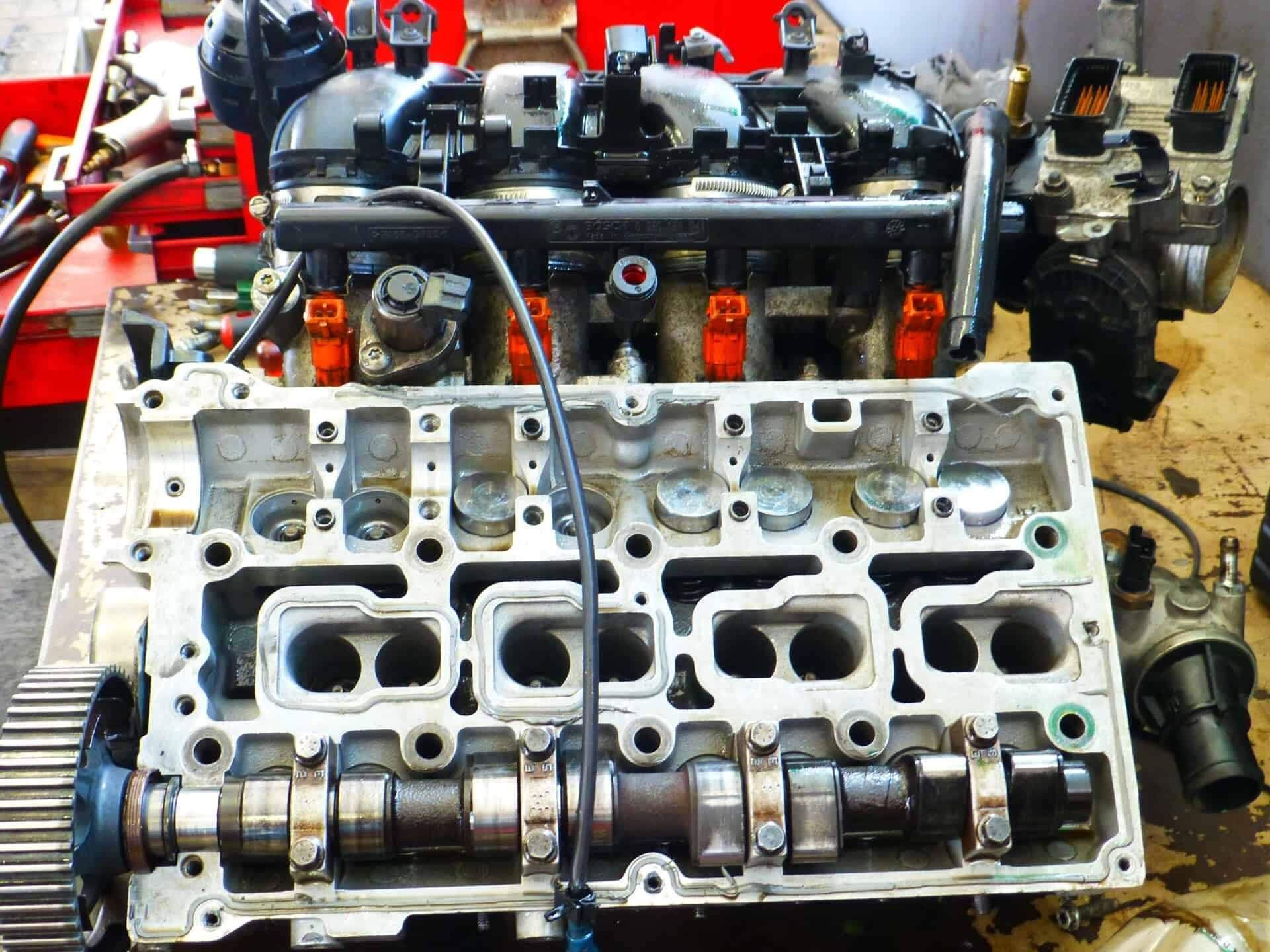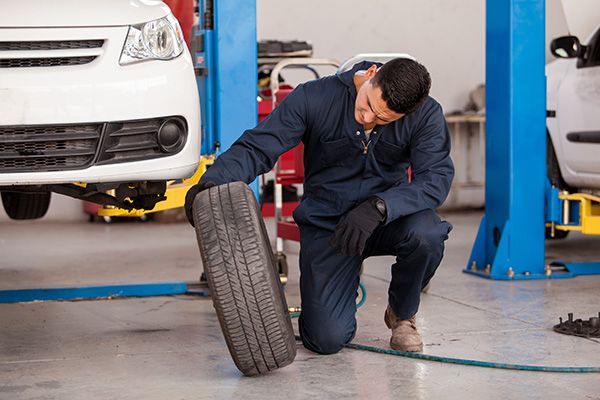
Tire rotation is one of the most straightforward and affordable services you can get for your vehicle, yet it’s often overlooked or postponed. Many drivers assume that as long as their tires look fine, there's no need to rotate them. In reality, routine tire rotation has a big impact on the life and safety of your tires and your car as a whole.
Your tires don’t all wear out at the same rate. Depending on your vehicle’s drivetrain, alignment, and driving habits, some tires endure more pressure and friction than others. Rotation ensures that wear is spread more evenly across all four tires, resulting in improved performance and maximizing the value of your investment.
1. Longer Tire Life
Each wheel position places different demands on the tire. On front-wheel drive vehicles, for example, the front tires handle the majority of the steering and braking forces, which causes them to wear more quickly. If the tires aren’t rotated, those front tires will need to be replaced much sooner than the rear ones.
By regularly rotating your tires, you allow each one to spend time in all four positions, balancing the wear patterns and extending their overall lifespan. This simple habit can help you delay buying a full set of new tires and make sure you’re getting the full mileage your tire manufacturer promised.
2. Better Handling and Performance
Unevenly worn tires can affect your car’s ride quality and its handling on the road. You might feel vibrations through the steering wheel or notice that the vehicle pulls slightly in one direction. Tires that wear unevenly may also lose traction, especially in wet conditions, reducing your ability to stop or turn safely.
Routine rotation helps keep all tires in similar condition, improving balance, stability, and grip. This is especially important for drivers in areas with changing weather or those who do a lot of highway travel.
3. Improved Fuel Efficiency
When tires wear unevenly, it increases rolling resistance and the amount of effort it takes for your car to move forward. This forces the engine to work harder, resulting in higher fuel consumption over time. Even a small increase in resistance can make a noticeable difference in your miles per gallon.
By maintaining even tread depth through regular rotation, your vehicle can roll more smoothly and efficiently, helping you stretch your fuel tank a little farther and save money at the pump.
4. Maintains Tire Warranty Coverage
Most tire manufacturers offer mileage warranties that promise a certain number of miles before the tread wears out. However, these warranties usually come with a condition: you must rotate your tires at regular intervals, typically every 5,000 to 8,000 miles.
Failing to rotate them as required could void your warranty, leaving you responsible for the full cost of replacement if the tires wear out prematurely. Keeping up with scheduled rotations and documenting the service ensures you stay covered if any issues arise.
When Should You Rotate Your Tires
The ideal rotation interval varies depending on your vehicle and driving conditions, but a good rule of thumb is every 6,000 to 8,000 miles or roughly every other oil change. If you drive in especially demanding conditions (like stop-and-go traffic, heavy loads, or rough roads), you might want to rotate them more often.
Some vehicles have different tire sizes on the front and rear or directional tread patterns that affect how rotation can be done. A technician will determine the best rotation pattern for your specific setup.
Schedule Your Tire Rotation at Doctor of Motors in Chico, CA
Tire rotation may be simple, but it delivers big benefits. If it’s been a while since your last rotation, or you're not sure when it was last done, our team is here to help. We’ll inspect your tires, rotate them correctly, and keep your car rolling smoothly and safely.
Call Doctor of Motors in Chico, CA, to schedule a tire rotation and get the most out of every mile.


